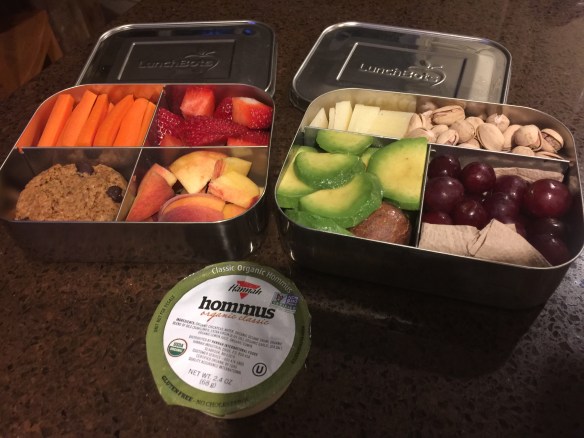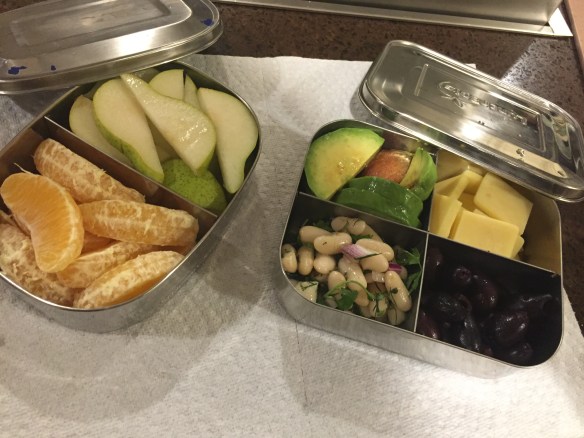[Drafted yesterday, a workday.]
Remember when I used to post occasional quotes? I barely remember. This morning, for the first time in a while, I need a quote to get through the day. Actually, two quotes: one from fun., and one from Hillary Clinton, the Democratic nominee for President.
I’m tired. Martin hasn’t been sleeping well. This week I took him overnight to Chicago, for an eye appointment. I’m so busy at work. And I’m kind of a politics junkie, so (yes, my own fault), I’ve been staying up too late watching the Republican and Democratic conventions.
This morning Martin woke at 4:22 am. That was five hours after I’d gone to sleep. I had also been up at 2:45 am, because Adrian had a stomachache. Martin did not return to sleep after 4:22 am. In addition, Martin was an out-of-control nightmare this morning. He actually did not seem to have control over himself. He was so hyperactive he couldn’t sit for breakfast. His volume control malfunctioned, and he screamed words he meant to speak. He had a meltdown when I made him stop watching Mickey Mouse Clubhouse long enough to go to the bathroom. He had a meltdown when I refused to let him stay home from school. (His asserted ground to skip school was that he got car sick in a shuttle bus yesterday. Which he did not. I was the one who got car sick. Furthermore, I did not get to stay home today. I am writing this post on my commuter train, office-bound.) When the school bus arrived, he shouted at me, “Now I’m never going to see you again! So long! It was nice knowing you!”
Whee!
So where to go today?
You swore and said we are not
We are not shining stars
This I know
I never said we are
Though I’ve never been through hell like that
I’ve closed enough windows to know you can never look back
If you’re lost and alone
Or you’re sinking like a stone
Carry on
May your past be the sound of your feet upon the ground
Carry on
This morning is done. We survived. My take-away is the sound of my feet upon the ground, because as Martin screamed and cried, I held my chin high and carried on.
But I’m here to tell you tonight—progress is possible. I know because I’ve seen it in the lives of people across America who get knocked down and get right back up.
—Hillary Clinton, DNC Nomination Acceptance Speech, 28 July 2016
The quote seems banal, as I’m writing it here. Still, it spoke to me. The conventions: They get me all “rah rah, America!” and thinking about how lucky I am, and how many struggle more than I do. The talk of getting knocked down and right back up, combined with “progress,” reminded me that even if we’ve come far, there is work left to be done, and I’d better pick myself up and do it. Rah rah, me!
And let me close with perspective: If this night and morning have been hard for me, what have they been for dear Martin? He is the one whose body is fighting Lyme disease. He must be wondering why he flew out of control this morning. He will be cranky all day. He will not feel well, and he will not know why, and yet he will carry on.





